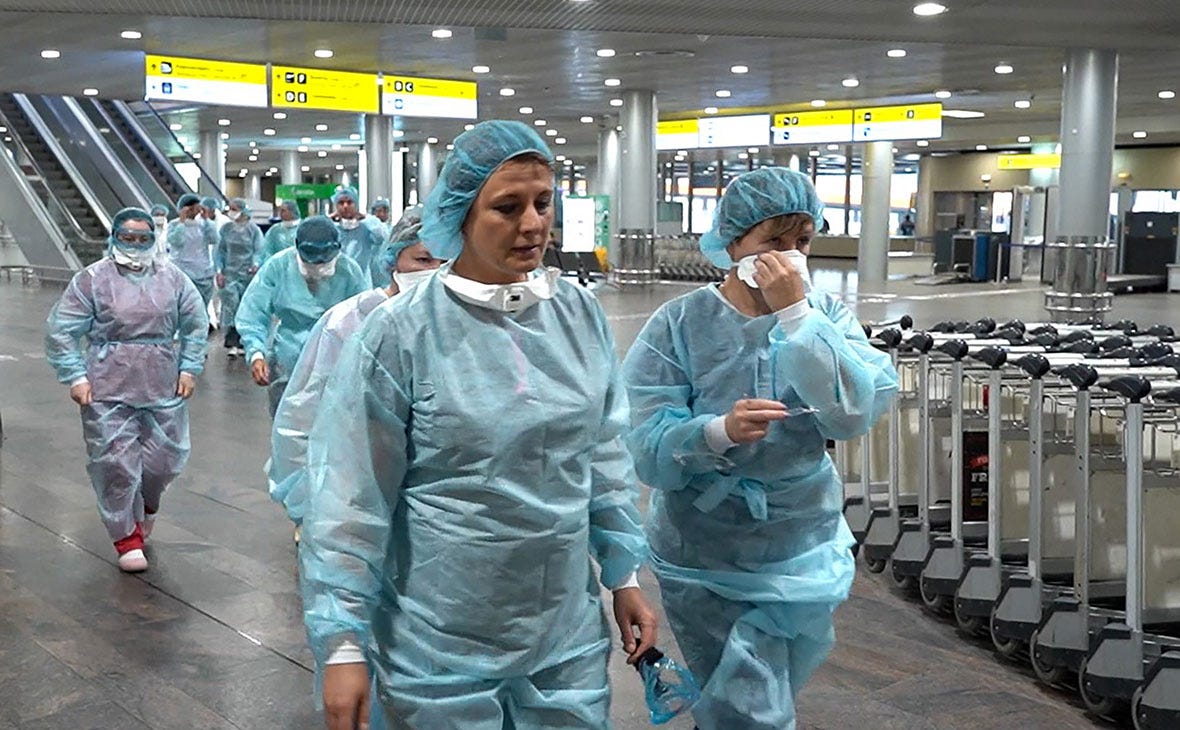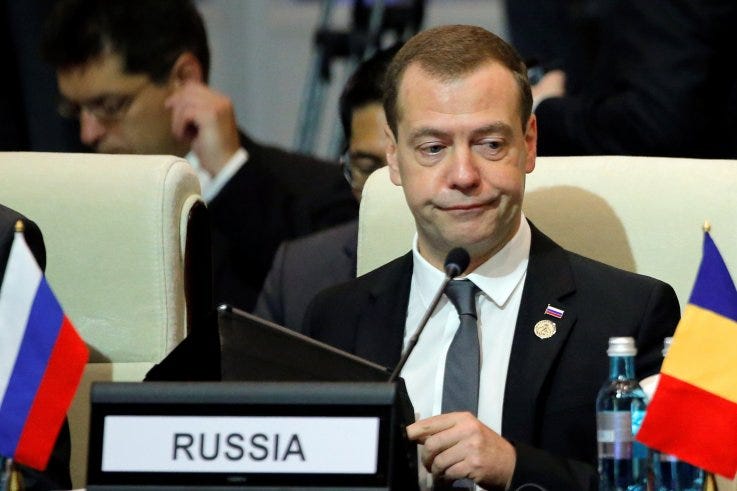Sber Me

Hello from BMB Russia! In today’s brief, we discuss changes to the government’s Sberbank purchase plans, Putin’s political designs, Gazprom’s challenging January, and the energy ministry’s oil price projections.
Sberbank
The Duma approved the final bill on the government’s purchase of the central bank’s controlling stake in Sberbank today. Since the deal was first announced in February, market volatility due to coronavirus and the end of OPEC+ led the government to make several notable changes.
First, the central bank will no longer offer to buy out minority shareholders’ stakes in Sberbank. As last week, recent market nose-dives have made the CBR’s offer to repurchase these shares at Sberbank’s average stock price over the past six months unprofitable. This offer has been replaced with three-year shareholder agreement guaranteeing continuity in the bank’s policies.
Second, the government now plans to buy the CBR’s controlling packet in one fell swoop in April. Previously, the government intended to complete the transaction in multiple tranches. Yet as finance minister Anton Siluanov explains, the price of the Sberbank package has decreased while the National Welfare Fund’s value has shot up in ruble terms.
Lastly, the government has amended the transaction price at which it will purchase the bank, shortening the length of time from which the average stock price is determined from six months to one. Given the current carnage taking place on global equity markets, this change allows the government to scoop up Sberbank for cheap.

Snapshot: In its latest effort to combat the spread of COVID-19, Russia has limited flights to and from Italy, Germany, France, and Spain. Exceptions have been made for regularly scheduled flights between Moscow and Rome, Berlin, Munich, Frankfurt, Madrid, Barcelona, and Paris. These flights will be limited to Sheremetyevo airport’s Terminal F. (Photo: Sheremetyevo Airport/Moscow Department of Health/TASS)
Politics
In January 2020, Vladimir Putin told the Federal Assembly (both the Duma and Federation Council) that constitutional changes should “increase the role and significance of the country's parliament, the role and significance of the State Duma and of parliamentary parties.” On March 10, the Russian president argued in front of the Duma that a “parliamentary form of government” was an “alternative” that “we cannot use at our current stage of development.” It isn’t the only contradictory statement that the president has made in light of yesterday’s vote (which set the stage for Putin staying in power after 2024), but it is one of the more striking.
The Russian president did, however, remain consistent in the past few weeks in his emphasis on the need for stability (a concept he referred to four times in his March 10 speech) and a strong vertical of power. “Stability,” he said just before the vote, “may be even more important, and should be a priority.”
The vote was, of course, a foregone conclusion. The only hitch in yesterday’s carefully choreographed performance came, according to anonymous sources quoted by RBC, when the Communist Party refused to support a plan to declare early parliamentary elections in September 2020, one year earlier than planned. The presidential administration had reportedly already decided on early elections, arguing that it would be a way to “complete the process of renewal” started by the president and would come at the time when United Russia’s ratings stabilized (admittedly at a low level). But, according to RBC, Vladimir Putin wanted the move to be supported by all parties, and the Communist Party didn’t agree — or at least, not fast enough.
— Fabrice Deprez

Snapshot: Earlier this week, the Kremlin published the presidential decree outlining former PM Dmitry Medvedev’s responsibilities in his new role as deputy chair of the Security Council. This is not a ceremonial post, Fabian Burkhardt notes, but a powerful counterbalance to Security Council secretary Nikolai Patrushev. Mark Gaelotti agrees: the decree makes Medvedev and his new role much more interesting. (Photo: Damir Sagolj/Reuters)
Gazprom
Gazprom’s export revenues barely exceeded $3 billion in January, dropping 41.1% from the same month in 2019. Per federal customs statistics, Gazprom’s delivery volumes declined 11% in January. It is unclear what share of these exports went to non-CIS states, as the company stopped reporting on the monthly dynamics of exports at the beginning of the year.
What caused these bleak financials? Gazprom has suffered a perfect storm of low demand in Europe, its key export market, due to an abnormally warm winter and gas reserves accumulated in preparation for a Russia-Ukraine gas war, and excess global supply of LNG. Given that coronavirus didn't begin to exert significant pressure on gas quotes until February, it looks like the worst is yet to come for Russia’s gas giant.
Gazprom is not the only victim in this situation, however. Gazprom pays a 30% duty on its exports, which goes directly into the federal budget. Whereas last January the state received $1.5 billion from Gazprom export duties, this January it received just $900 million. The federal budget expects to earn 700 billion rubles ($9.4 billion), or 0.6% GDP, from Gazprom duties this year. January’s financials, which should be among the best of the year, make this expectation appear unrealistic.
Oil
The Russian Ministry of Energy predicts that oil prices will recover to $40-45/barrel in the second half of 2020 and $45-50/barrel in 2021, deputy minister Pavel Sorokin revealed in an interview with Reuters.
What do these figures mean for the Russian economy? Accounts Chamber head Alexei Kudrin offers one perspective. With oil at $35/barrel and the ruble averaging 72 to the dollar this year, the federal budget will lose approximately 3 trillion rubles and run a deficit of just under 2% GDP, he says. The economy will experience nearly zero growth, not the 1.9% growth initially predicted by the economy ministry. If oil prices average $40/barrel this year, the situation will be slightly better, Kudrin predicts, but GDP growth will still fall far short of initial expectations.
Opinion & Analysis
From Chatham House: Nikolai Petrov and Ben Noble argue that despite the drama, Putin’s endorsement of resetting his term limit and allowing him to remain president after 2024 does little to change the status quo. [ENG]
Vladimir Putin has overcome coronavirus, Ilya Klishin argues. Not in an epidemiological sense, but in people’s minds. While coronavirus and collapsing oil markets seemed disastrous at the beginning of the month, Putin’s ostensible decision to remain president for life has superseded those concerns among Russian citizens. [RUS]
From Vedomosti: Thirty years ago, Russia removed the Brezhnev-era constitutional article on the political monopoly of the communist party. Today, this article has symbolically been replaced by the political monopoly of Russia’s president. [RUS]
— Stephanie Petrella



